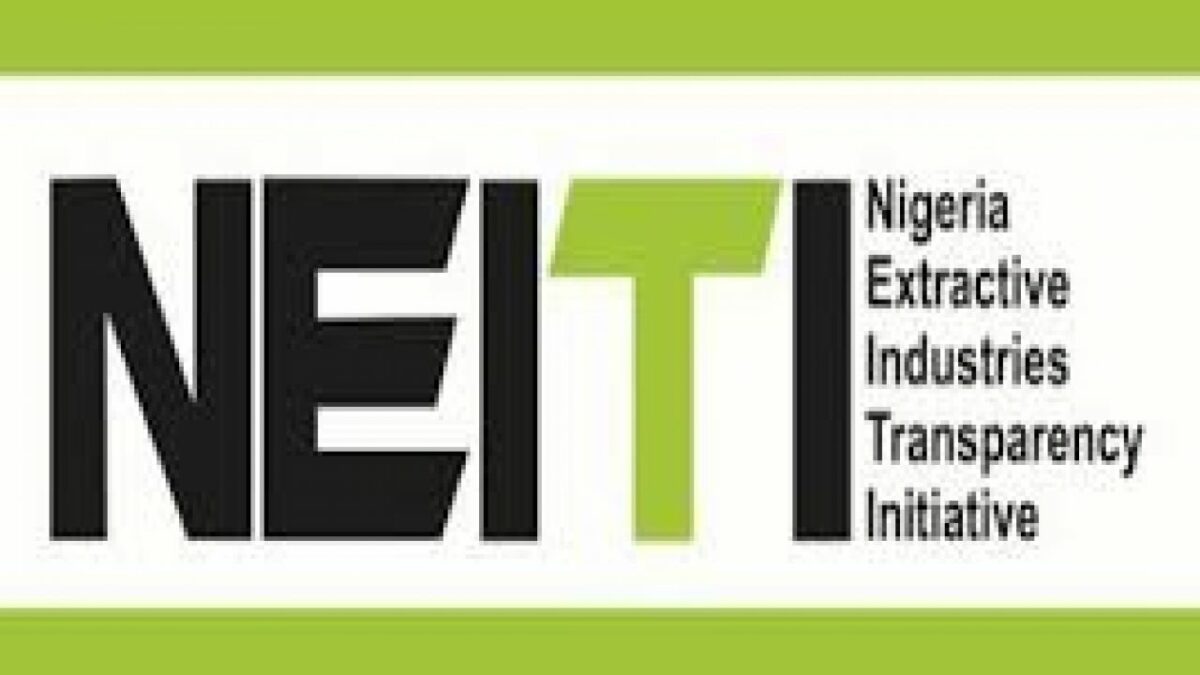The Nigeria Extractive Industries Transparency Initiative (NEITI’s)Executive Secretary, Dr. Orji Ogbonnaya Orji, has said about 7.68 million barrels of crude oil were either stolen or lost in 2023.
Orji made this statement while delivering a keynote speech at the opening of the three-day Civil Society Roundtable on the EITI Framework in Abuja, a press statement by NEITI said on Sunday.
NEITI boss spoke on the topic: “NEITI’s Mission and the Pivotal Role of Civil Society Organisations (CSOs) in Promoting Transparency, Accountability and Good Governance within Nigeria’s Extractive Sectors”
Orji noted that a NEITI “Report revealed that in 2023, about 7.68 million barrels of crude oil were either stolen or lost, a 79% drop compared to the figure recorded in 2022.”
- #EndBadGovernance: Families of detained minors cry for justice
- Atiku, Presidency trade words over Tinubu’s policies
He encouraged CSOs to monitor the government’s strategies to combat oil theft and advocate for stronger environmental protections.
Regarding revenue losses and underreporting, Orji said the report disclosed that outstanding collectible revenues due to the federal government amounted to over $6.071 billion and ₦66.4 billion.
He added that CSOs must advocate for improved revenue collection mechanisms to ensure that the full value of Nigeria’s oil resources benefits the nation.
On the fuel subsidy removal and deregulation policy in the downstream petroleum sector, Orji urged CSOs to ensure that the government’s transition plan is transparent and that subsidy savings are channeled into development projects.
Addressing environmental impact and sustainability concerns, Orji called on CSOs to use the environmental data in the report to advocate for stronger protections and corporate accountability, particularly in the Niger Delta region.
In terms of energy transition and climate change, Orji said CSOs have a vital role in pushing for a just transition that does not disproportionately impact vulnerable communities.
Acknowledging the potential risks CSOs face in fulfilling their roles in the NEITI process, Orji proposed mitigation measures to prevent their advocacy work from being hindered.
He identified these risks as including personal and organisational security, and he recommended that CSOs invest in security training, establish support networks, and collaborate with international partners to ensure their safety.
To mitigate funding resource constraints, Orji advised CSOs to diversify their funding sources, including international partnerships, government grants, and private donations, to sustain their effectiveness.
To address government pushback and regulatory barriers, Orji suggested that civil society frame its work as constructive advocacy and build strong relationships with policymakers. Additionally, he emphasized investing in internal capacity building and knowledge-sharing platforms.
To bridge the gap between urban and rural-based CSOs, Orji called for the promotion of inclusive knowledge sharing and training.
The Civil Society Representative on the National Stakeholders Working Group, Dr. Erisa Danladi Sarki, highlighted the key roles of civil society in the NEITI process.
She emphasised the strategic importance of the meeting in reconciling, reuniting, and developing strategies to create public awareness through the dissemination of information and data about the extractive sector, advocating for policy reforms, and fostering multi-stakeholder dialogue.

 Join Daily Trust WhatsApp Community For Quick Access To News and Happenings Around You.
Join Daily Trust WhatsApp Community For Quick Access To News and Happenings Around You.


